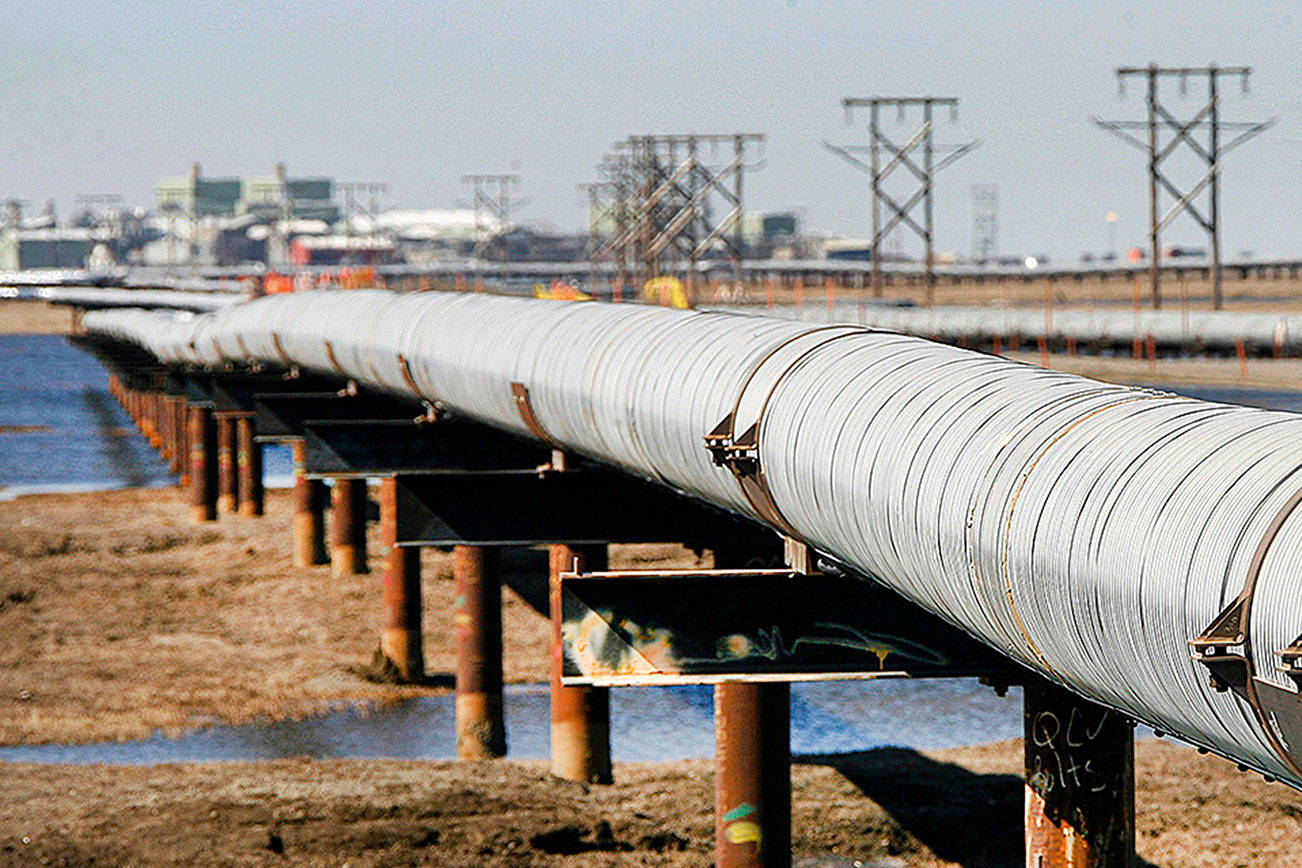Oil tax policy should be based on objective comparative analysis of what’s reasonable in a global economy. Our current tax policy adopted under Senate Bill 21 (SB21) is flawed in several respects and should be amended and improved. In this context, I think it’s appropriate and useful to discuss my role in developing the “Fair Share” oil tax initiative, on the ballot next month as Ballot Measure 1.
I have extensive experience in formulating and modeling oil tax policy. From 2006-2014, I worked for the Legislature, and for most of that time I was the primary oil and gas aide for the House minority. Despite minority status, my bosses had substantial influence on the major bills of the time and I was proud to be able to help. Although legislative staff work mostly in the background, I became well known as a subject matter expert in this area.
After the 2014 election, Gov. Bill Walker asked me to lead his Tax Division at the Department of Revenue, a position I held for four years. In addition to directing the work of my agency, I helped develop the governor’s revenue legislation, and carried the two successful bills that ended our paying cash for oil tax credits.
In 2018 I returned to the Legislature, but also began working as a consultant for private clients after having cleared it with my boss and Legislative Ethics. Robin Brena and the Vote Yes group hired my firm to build a series of models to look at our historic and current oil revenues, and estimate the effect of potential changes to our tax law. The inputs all came from publicly available data. Later, I assisted them in developing language that became Ballot Measure 1.
One of the first things we confirmed was that our current and projected North Slope revenues are historically low, whether viewed as a percentage of gross value or net profits. That’s not a judgment, it’s fact. Gross data goes back to 1977, and net data to 2007. Both show that since about 2014 we’ve been well below historic trends and averages.
Ballot Measure 1 amends SB21 in several important ways, primarily by increasing the production tax from Alaska’s largest, oldest oil fields. Prudhoe Bay is one of the world’s great oil fields. It’s on state land; it’s ours. Even at low prices, it still earns enormous profits and Alaskans deserve their share. These fields have produced many millions of barrels and have long paid back their initial investments. It also ensures that taxable profits for these fields are based on their actual costs, so producers could no longer deduct investments made in another part of the state. It restores the idea of progressivity, so during a price spike the state keeps a larger portion of profits. Finally, it makes more of a company’s filing data transparent, so Alaskans can be better informed as we develop and refine our policy.
No oil tax bill is perfect, but even setting aside the money issues, the current law is technically flawed in half a dozen ways. We managed to fix some issues in the last few years, but the big ones remain. Ballot Measure 1 doesn’t solve them all, but it definitely makes it better.
Oil taxes are hard to talk about in Juneau. People get dug in, and the industry has a lot of influence. It’s usually taken a historic event for a major reform: the 1989 Exxon Valdez spill, or the corruption scandals of 2006. We’re facing another such moment now.
Alaska is in a fiscal crisis. Our revenue has fallen off a cliff. Despite six years of big budget cuts, we’ve run through all our savings. The Permanent Fund can help us through the transition, and can help Alaska maintain a stable economy for generations. But it’s not enough, especially if we still want a dividend. More and more Alaskans understand that there is no easy way out. We can’t just keep cutting; we can’t break the Permanent Fund. Everyone needs to contribute, and it’s irresponsible to exclude our largest industry from that conversation.
Ideally, the Legislature would have seriously addressed oil taxes as this crisis developed and we became more aware of the problems with SB21. But they didn’t, so here we are. I believe Ballot Measure 1 amends our oil tax policy and moves it forward in important ways, and it deserves our support by voting “yes” on Nov. 3.
Ken Alper was Tax Division director for the Alaska Department of Revenue from 2014-2018.
• By Ken Alper

